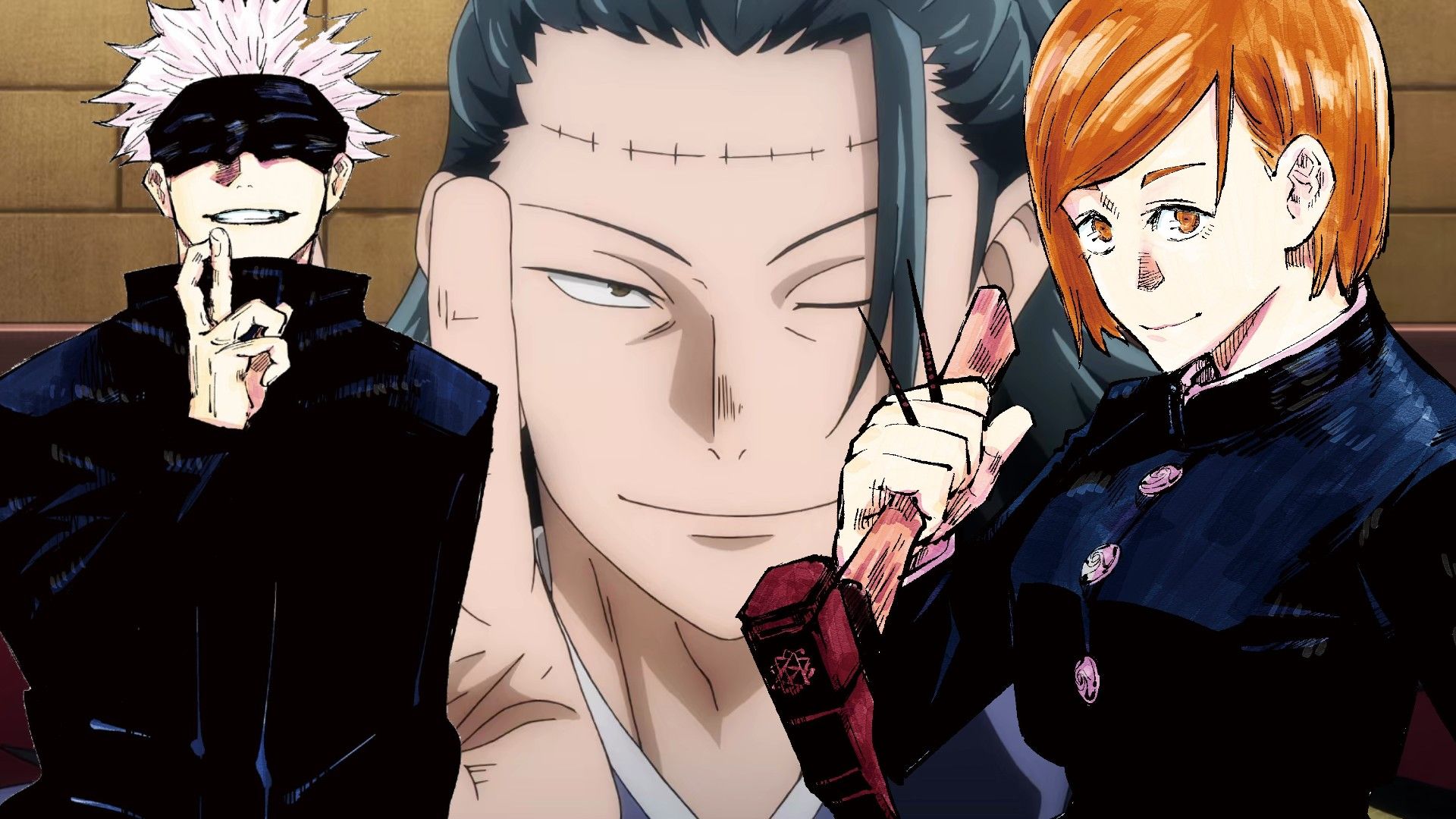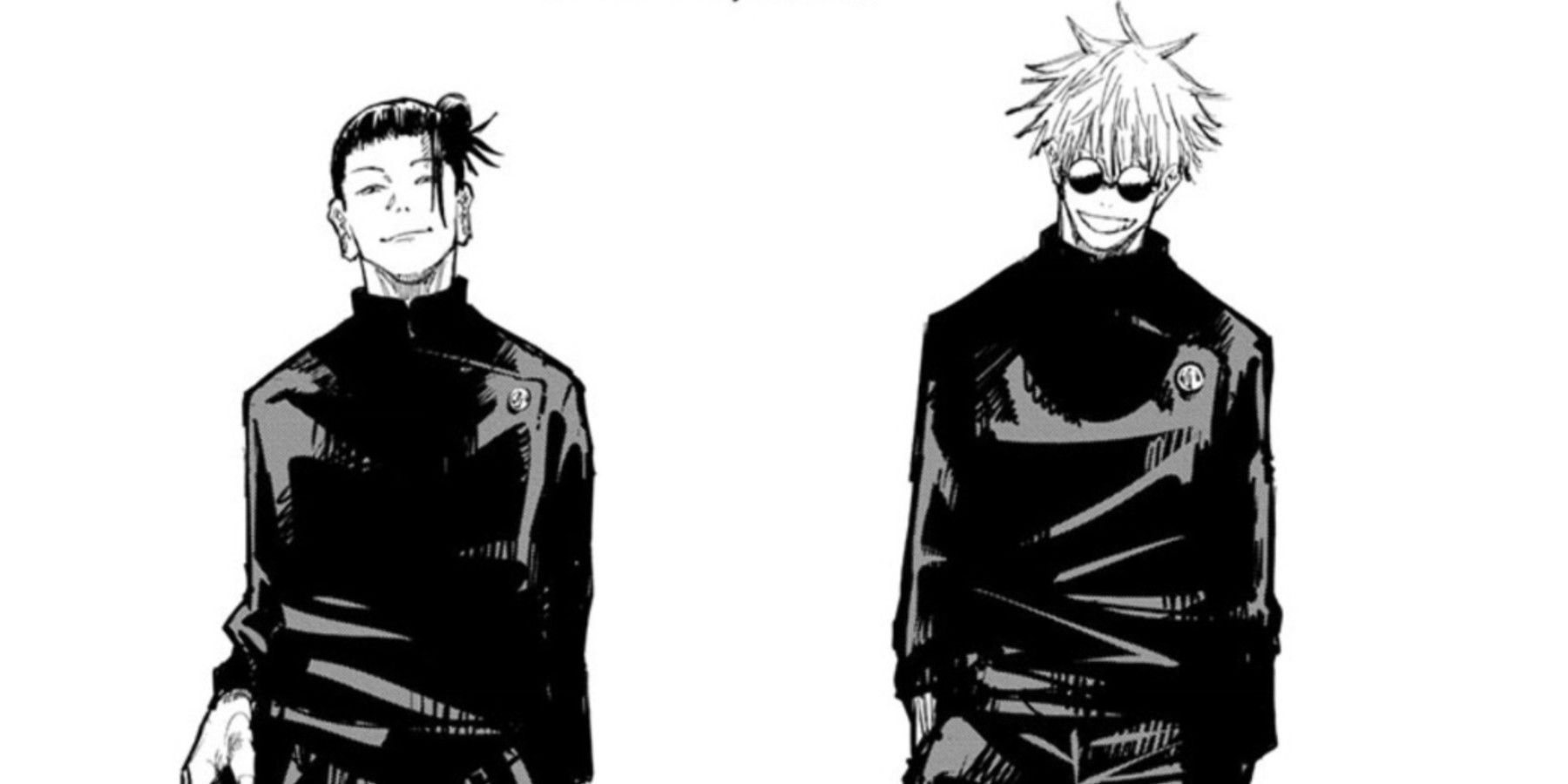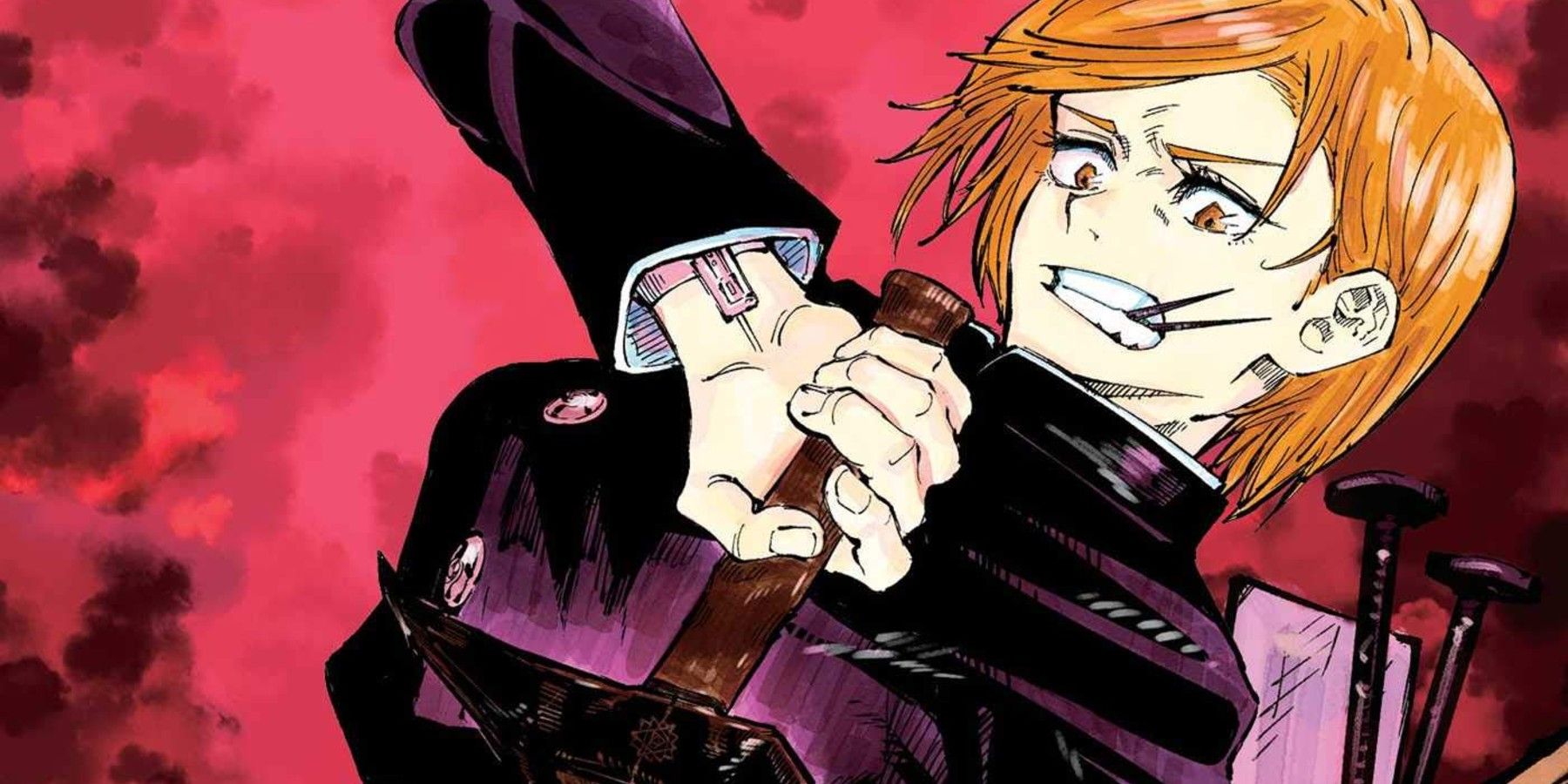Winter 2020’s breakout hit Jujutsu Kaisen not only has stellar production values across its episodes -- it also features some of the best openings and ending credits of the year. The ending credits are particularly notable for their stylish hand-drawn animation, as well as a catchy and lively song that provides a much-needed counter-balance to the anime’s mostly dark tone.The ending song “Lost in Paradise†is written and performed by the band ALI, who also performed the jazzy opening to Beastars. The main creative force behind ALI is its lead singer Leo Imamura, who in addition to being a Jujutsu Kaisen fan, is also a huge fan of the character Suguru Geto. He tweeted his fondness for Suguru just before the character’s introduction in Episode 5 of the anime.If one reads the full lyrics of “Lost in Paradise,†it isn't difficult to spot how it relates to Suguru, especially in the second rap verse of the song. Some of the lyrics can be roughly translated to:
“Time is still ticking, it is the only equality, wasting no more.
Before my plan is done, everything is not real.
The Illest’ is the title I bear…â€
Suguru Geto is known in the series as a Cursed user, a sorcerer who turned evil. He is also Gojo Satoru’s former classmate. Suguru is someone who does not believe in equality but has a very clear plan to create his version of an ideal world, no matter what it takes, so “the illest†in the lyrics can definitely refer to Suguru.
But Imamura did not just stop at one song, he wrote three additional ones just for Jujutsu Kaisen, which were released on November 25 along with “Lost in Paradise†as an EP. All three songs are dedicated to specific characters from Jujutsu Kaisen. “Moonbeams Satellite†was written for Gojo Satoru; “Desperado†for Nobara Kugisaki and “Faith†for Suguru Geto. As Imamura tweets, all the songs contain very specific references from the manga as well as past popular culture icons that informed the songs' respective musical styles. He made these various inspirations into collages and posted them to Twitter.
Gojo’s song "Moonbeams Satellite" is inspired by classic sci-fi films, the moon landing and aliens, most likely in relation to Gojo’s Domain Expansion “Infinite Void,†a space-like place wherein time has lost all meaning, and the senses are overloaded with information. The song has a cool and groovy vibe that is reminiscent of Michael Jackson’s music. This style also goes well with the analogy of floating in space. It is also suitable for Gojo’s generally relaxed personality.
On the other hand, “Desperado†is an energetic and passionate samba song; the music of which fits well with Nobara’s fiery personality, as well as her name, which literally means “wild rose.†The lyrics express a longing for freedom that is central to Nobara’s character, in addition to the profound loneliness she felt during her days in the countryside.
Finally, Suguru’s song “Faith†relates to the ideas of religion, as its title suggests. The song takes a more somber approach and uses big band jazz music. At times, it even sounds like a James Bond theme song. The lyrics are about Suguru's continued pursuit of his ultimate goal: remaking society in a way he sees fit. The connection between “Faith†and “Lost in Paradise†is also clear as both songs emphasize the idea of a never-ending fight.
Overall, Lost in Paradise EP is a fun musical take on Jujutsu Kaisen and its characters. The EP’s backbone is still contemporary hip hop, but it is mixed with other more retro music styles to match the artist's impressions of different characters. It is the kind of music that echoes Jujutsu Kaisen’s own post-modern sensibility -- blending traditional Japanese culture with modern, fast-paced shonen storytelling.



